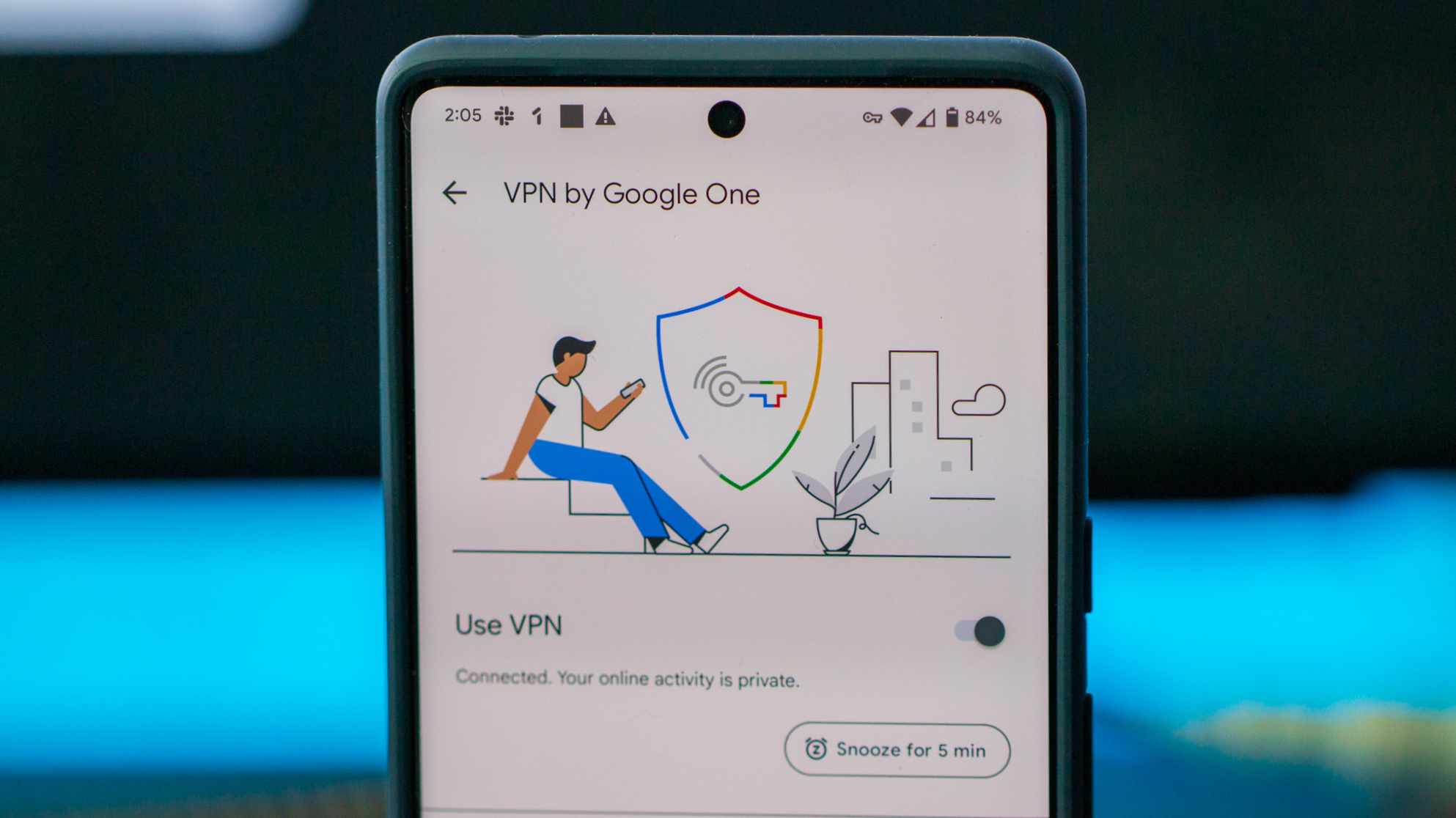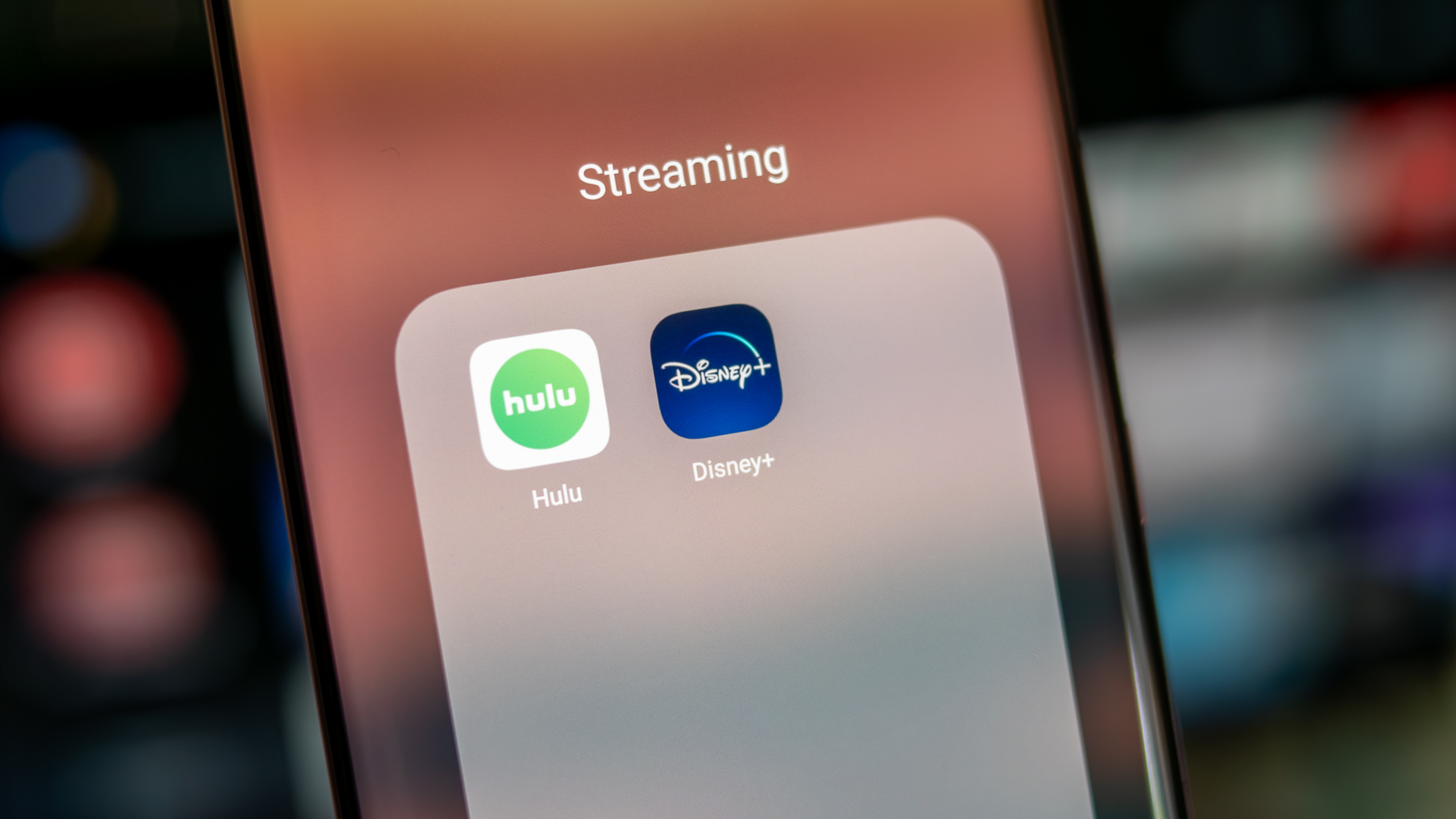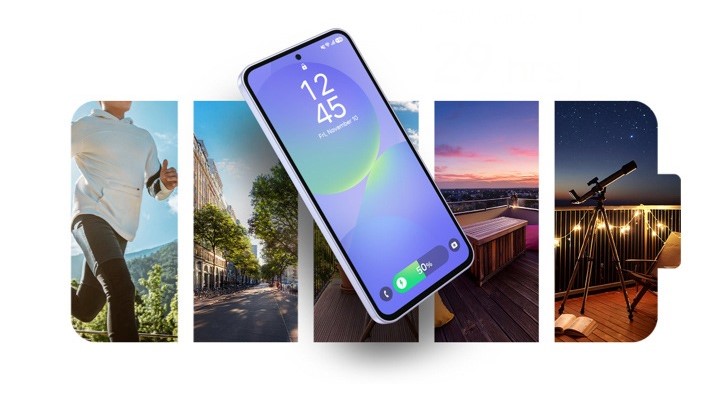If TikTok is banned, a VPN may not be the solution you're looking for
A VPN is not a magic bullet.

The U.S. government has decided that it doesn't want you to use TikTok without some big changes. Unless ByteDance, TikTok's parent company, sells the whole kit and kaboodle to a company that isn't based in China by January 2025, it plans to ban the service outright. That means you likely won't be able to access the app if you're in the United States, and there may not be a way to get around that.
Depending on who you believe, ByteDance may or may not be willing to concede and sell off the property to evade a ban. Even if it decides to sell, the right company will have to come forward because regulators (rightfully) don't want a company like Google, Meta, or even Elon Musk to run the show. The whole thing is a trainwreck in the making.
It's also a polarizing situation. The government has its reasons for wanting to ban TikTok, but users love the service and a lot of people use it to earn a living. TikTok itself isn't profitable, but it contributes to the U.S. economy.
The easy solution that plenty of folks are talking about is that you can use a VPN and get your TikTok fix even if a ban materializes. It's a simple fix — pick a VPN service you like, install its app on your phone, set your "fake" location to somewhere like Canada or another country where TikTok isn't banned, and continue as if nothing ever happened.
It might not be so simple though, depending on how serious the government is about blocking TikTok. Let's talk a bit about how a VPN works and what one really does.
What is a VPN?

A VPN is a secure network connection between two points. Nothing more, nothing less.
The connection is secure and authenticated, meaning that (for all intents and purposes) traffic goes back and forth without any outside interference, and the identity of both parties is guaranteed once established. Of course, this assumes it has been set up and configured properly.
Be an expert in 5 minutes
Get the latest news from Android Central, your trusted companion in the world of Android
A VPN does not make you anonymous. A VPN is only as secure as the person(s) running it. A VPN may keep records and be compelled to turn everything over to anyone with a lawful order. If you want to use a VPN, you need to use the right VPN based in the right country to maximize your privacy.
There are a few reasons why VPNs are used. The main reason is to be able to send secure traffic over an unsecured network, like the Internet at large. The tunneled traffic between VPN nodes is "unhackable" and private to anyone other than authorized endpoints. Android Central's parent company uses a VPN like many other businesses for this reason.
The second most popular use of a VPN is to bypass content region-locking. You can use a VPN to watch video streams that are blocked in your area by changing which VPN server you're using since it is what actually connects; it just forwards everything to you independently through a separate secure connection.
This is why you're hearing about how you could use a VPN to get around a TikTok ban in the United States. You could sideload the app and set your VPN server outside the States, and it just works.
Maybe. It's possible to block access to a VPN, and if the U.S. is serious about blocking access to TikTok, it will do just that.

The use of a VPN can be limited or blocked altogether. See China, Iran, Russia, Syria, Pakistan, etc. Some countries, like India, place restrictions on VPN service providers, which force all traffic flowing through the country to be logged, and some, like the U.S., force VPN service providers based inside the country to log everything. A VPN is not a magical tool like many people think it is.
The U.S. is probably not going to block VPN access (it easily could), but it may not have to go that far. In 2012, it was reported that the Chinese government found ways to "learn, discover, and block" some VPN-encrypted communications trying to break through its nationwide firewall.
China heavily monitors internet usage and has banned things like Google's services, social media, and even Wikipedia. China wants to regulate its domestic internet and slow traffic in and out of the country (Hong Kong and Macau have independent monitoring and access controls, though) and relies on checking internet data for specific keywords and destinations. It's draconian but effective. People use a VPN to try to bypass these restrictions.
This is why China is very proactive. Besides looking for ways to impede VPN traffic, the country also does things like block VPN access during legislative sessions and times of strife. China is serious about blocking traffic in and out or for specific destinations when it wants to.

The U.S. is capable of doing the same. Should a TikTok ban go into effect and government officials feel more needs to be done, it will be done.
Will the country resort to further measures to block TikTok? I don't know. I hope not, but I would hesitate to say no. I do know that a VPN is not the one answer that "fixes" everything unless the government is OK with it fixing everything.
I'm not going to wade into the pros and cons of this proposed ban. TikTok isn't for me because short-form videos aren't my thing. I don't begrudge anyone who loves them, though. I'm simply trying to let you know that there may not be an easy fix.
If you have strong feelings you should contact your government representatives and tell them. It's their job to listen.

Jerry is an amateur woodworker and struggling shade tree mechanic. There's nothing he can't take apart, but many things he can't reassemble. You'll find him writing and speaking his loud opinion on Android Central and occasionally on Threads.
You must confirm your public display name before commenting
Please logout and then login again, you will then be prompted to enter your display name.
